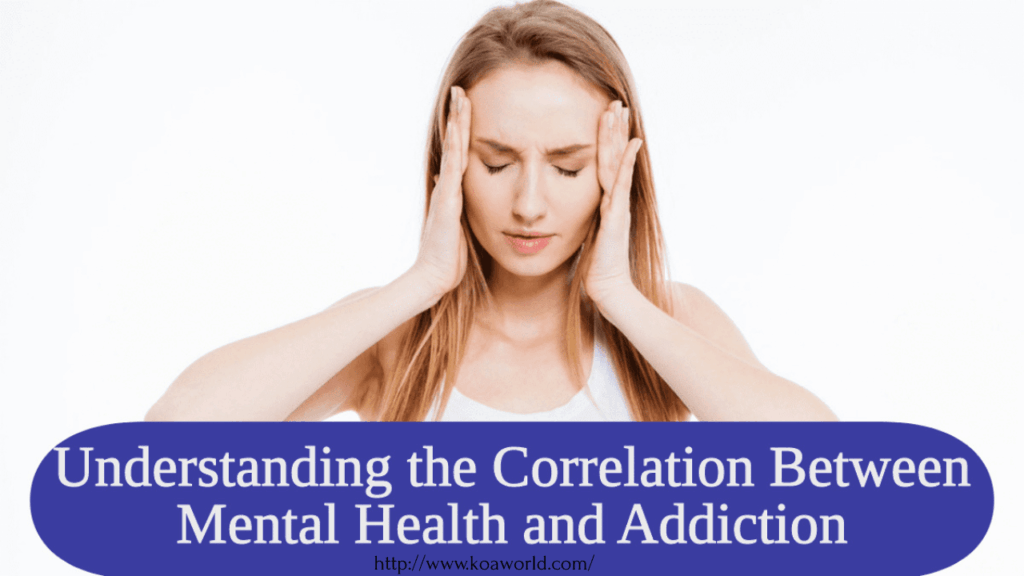
Addiction and mental health disorders are deeply intertwined, often creating a complex cycle that is difficult to break. Known clinically as co-occurring disorders or dual diagnosis, this condition refers to individuals who experience both a substance use disorder (SUD) and a mental health disorder simultaneously. Recognizing and addressing the link between these conditions is critical for effective treatment and lasting recovery.
A Two-Way Street
The relationship between mental health and addiction is bidirectional. People with untreated mental health conditions such as depression, anxiety, bipolar disorder, or post-traumatic stress disorder (PTSD) may turn to drugs or alcohol as a form of self-medication. Substances can temporarily relieve symptoms, providing a short-lived sense of escape, calm, or euphoria. However, over time, this can lead to dependence and addiction.
Conversely, chronic substance use can exacerbate or even trigger mental health issues. For instance, stimulant use may lead to anxiety or paranoia, while heavy alcohol use can contribute to depressive symptoms. In some cases, the chemical changes induced by substance abuse can alter brain function and increase the risk of developing psychiatric disorders.
The Challenges of Dual Diagnosis
Diagnosing and treating co-occurring disorders presents several challenges. Symptoms of addiction and mental illness often overlap, making it difficult to distinguish which came first. Additionally, some treatment programs may focus solely on either the substance use or the mental health issue, failing to address both aspects comprehensively.
For example, treating addiction without addressing underlying trauma or depression can result in relapse. Similarly, managing mental health without recognizing the role of substance use may prevent full recovery. This fragmented approach can leave individuals feeling misunderstood, unsupported, and stuck in a cycle of repeated crises.
Integrated Treatment: A Holistic Solution
Effective treatment for co-occurring disorders requires an integrated, holistic approach that addresses both conditions simultaneously. This includes a combination of therapies such as:
- Cognitive Behavioral Therapy (CBT) to help individuals identify and change harmful thought patterns and behaviors.
- Medication Management to stabilize mood disorders and reduce cravings.
- Trauma-Informed Care to address past experiences that may contribute to both addiction and mental health challenges.
- Peer Support and Group Therapy to foster connection and reduce isolation.
Integrated care teams—consisting of psychiatrists, addiction specialists, therapists, and case managers—work collaboratively to create personalized treatment plans. This comprehensive model improves outcomes by treating the person as a whole rather than focusing on isolated symptoms.
Breaking the Stigma
Unfortunately, stigma still surrounds both mental health and addiction. Individuals with co-occurring disorders often face judgment and misunderstanding from society, which can discourage them from seeking help. Education and awareness are key to changing perceptions and promoting early intervention.
Support from loved ones also plays a crucial role. Encouragement, empathy, and a nonjudgmental attitude can make a significant difference in someone’s willingness to pursue and remain in treatment.
Conclusion
The connection between addiction and mental health is complex but undeniable. Co-occurring disorders require specialized, compassionate care that addresses both substance use and psychiatric issues. With the right support and integrated treatment, individuals can break free from the cycle and move toward a healthier, more fulfilling life.
